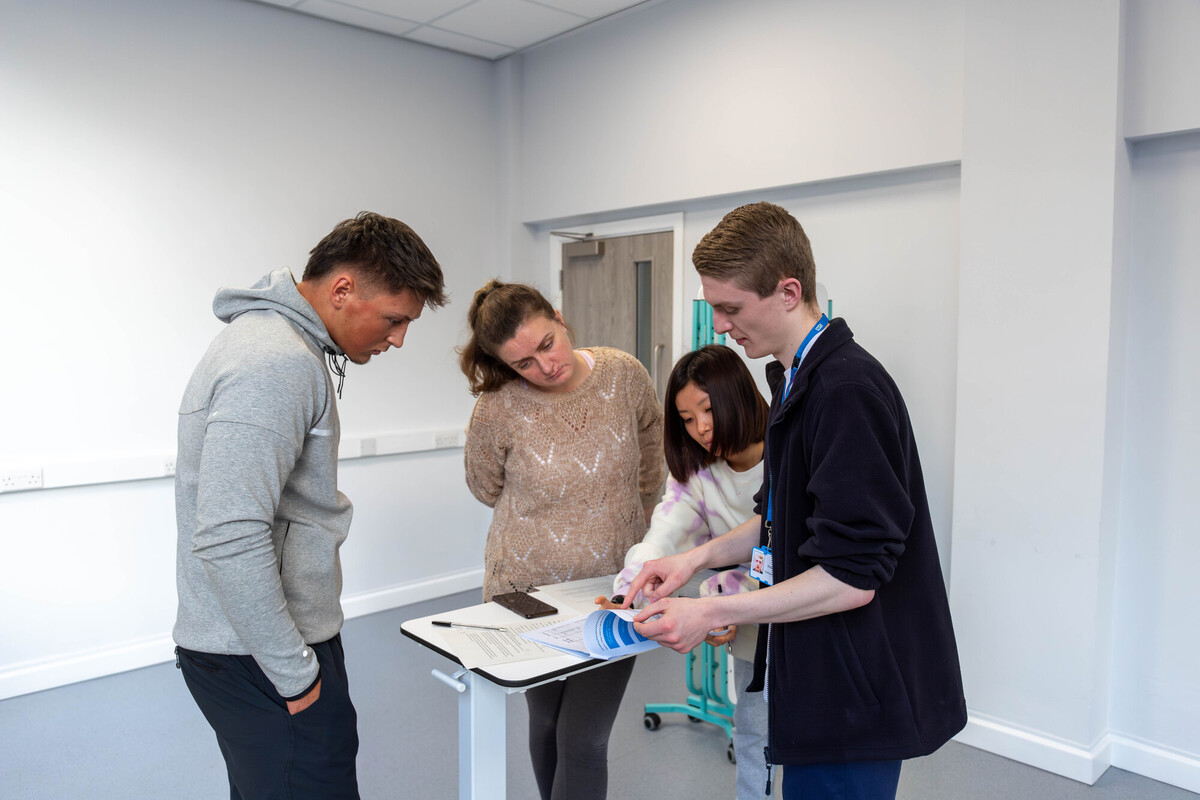2:2honours degree
A minimum 2:2 honours degree or equivalent, in a biological/health science including components of biochemistry, is required.
On application, students should provide a degree transcript and details of modules with biochemistry content (e.g. module/unit descriptors).
Applications may be considered from applicants with degrees that don’t fall into the above categories, e.g. chemistry, sports science etc., providing the applicant has a minimum 2:1 honours degree and recent A Levels in biology and/or chemistry (grade A-C).
2:2honours degree
Students from countries outside the UK are expected to have entry qualifications roughly equivalent to a British Bachelor's degree (or equivalent) for postgraduate study.
To help you interpret these equivalents, please click on your country of residence to see the corresponding entry qualifications, along with information about your local representatives, events, information and contacts.
English Language Entry Requirements
Applicants for this programme must demonstrate they can meet the following entry criteria for entry onto this programme:
- IELTS 6.5 (no less than 6.0 in each band)










